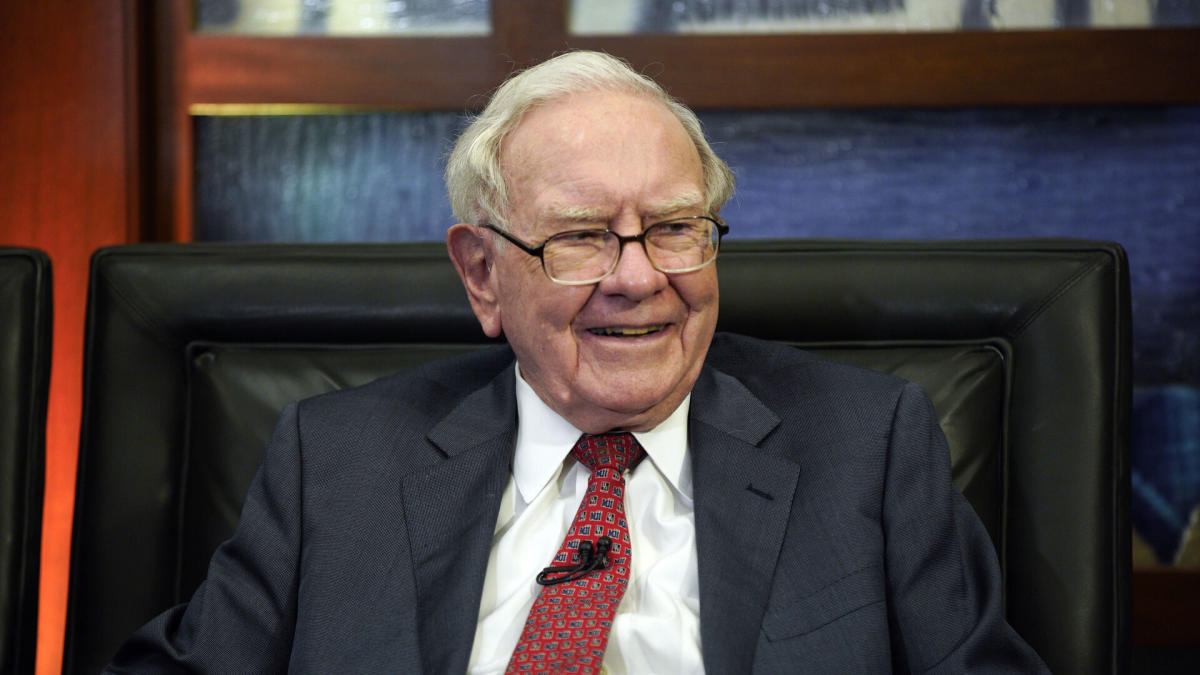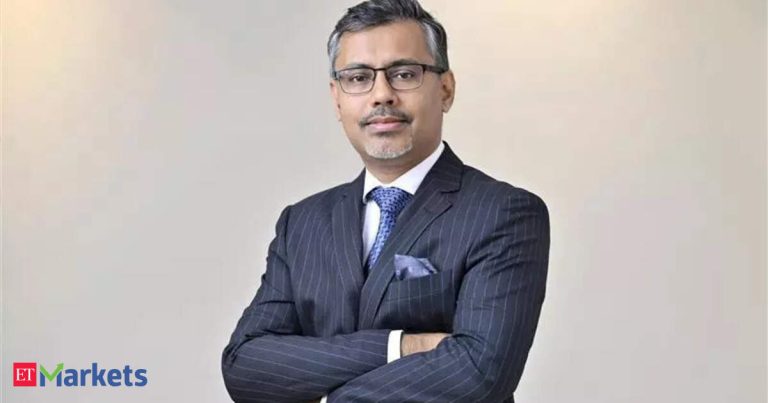Every investor wishes they had bought Apple stock in the 1990s, but you still would have realized a substantial return if you had bought it during the Great Recession or even five years ago. No investor, however, has benefited from Apple’s growth as much as Warren Buffett.
Trending Now: I Asked ChatGPT What the Big Beautiful Bill Means for My Stock Investments, Here’s What It Said
Up Next: How Much Money Is Needed To Be Considered Middle Class in Your State?
Even though the “Oracle of Omaha” normally doesn’t touch tech stocks, his Berkshire Hathaway company made a notable exception for Apple — with a stake currently worth about $70 billion. While Apple remains Berkshire’s largest stock holding, its weighting in the portfolio has recently decreased.
Regardless, it begs the question: What key details did Buffett see in Apple that you could apply to your future investments? Here are four things to consider.
Apple is one of the best brands at maintaining customer loyalty. This advantage gives Apple more pricing power, as consumers will rush to upgrade their iPhones at high prices. Steve Jobs helped position the company as an innovator that thinks differently. This perception elevated Apple into a luxury products brand instead of just a company that sells phones and computers.
This customer loyalty helped Buffett view Apple as a consumer goods company instead of a tech company. This distinction, combined with Apple’s pricing power, convinced Buffett to load up on shares.
Read More: Barbara Corcoran Put $62 Million Into Her ‘Shark Tank’ Investments — How Much Did She Make?
Although Buffett quickly turned Apple into his largest holding after discovering the opportunity, he wasn’t the one who spotted it in the beginning. He only bought Apple with the help of Todd Combs, one of Berkshire Hathaway’s portfolio managers.
Buffett established criteria and wanted Combs to find a stock that checked all of his boxes. Combs came back to Buffett with Apple stock and the buying began.
Even the pros like Buffett consult other investors and experts to determine the best way to grow their money. It’s okay not to have all of the answers, and it’s natural not to have all of the answers. The people you surround yourself with will influence the quality of the answers and solutions you receive. Buffett did well in putting Combs on the team and it resulted in one of his most lucrative investments.
Buffett’s portfolio manager picked a stock that produced tremendous returns for Buffett, but he gave him three criteria to pinpoint a good investment opportunity. The first one was a cheap price-to-earnings (P/E) ratio.








